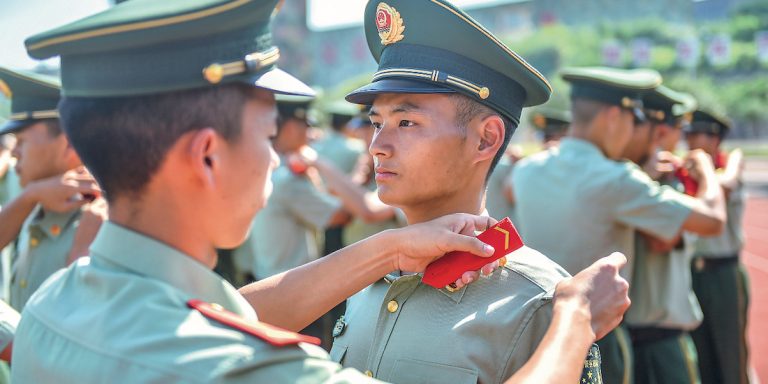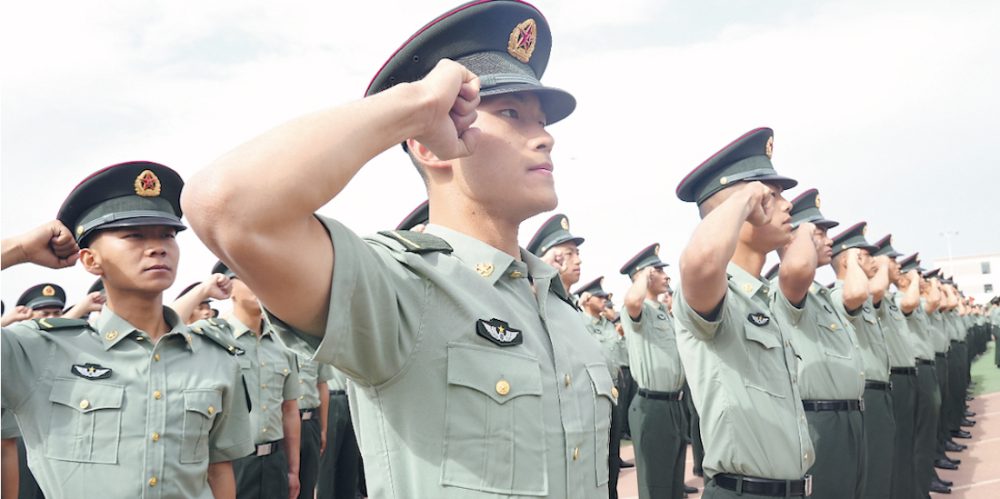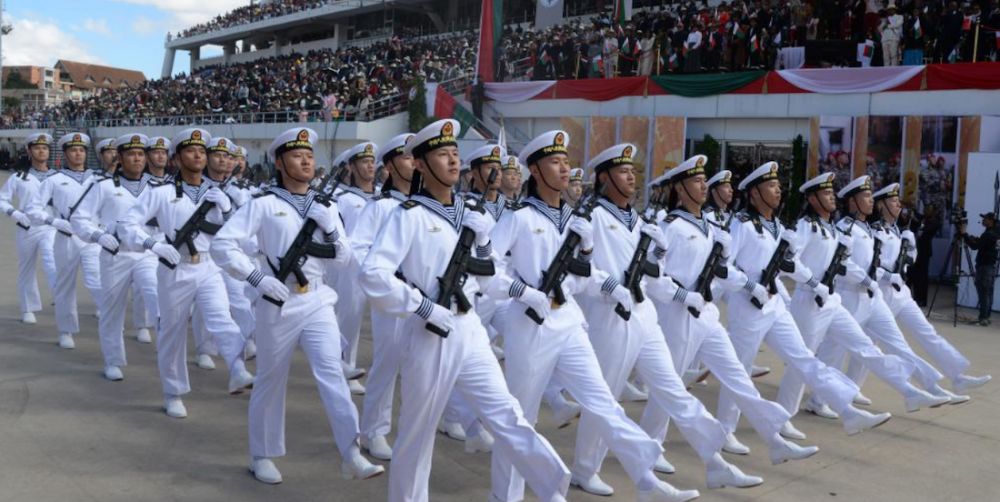
Patriotism, Opportunity, or Duty? Exploring the Motivations Behind China’s Military Recruitment
New York, N.Y.—Every year, thousands of young Chinese men and women enlist in the People’s Liberation Army (P.L.A.), one of the largest standing military forces in the world. But who are these recruits, and what drives them to join? Like in the United States, from patriotic fervor to economic necessity, the reasons are as varied as the individuals who sign up.
A Legacy of Service and National Pride
For many, joining the P.L.A. is a family tradition. Generations of Chinese citizens have served, instilling a deep sense of duty. “My grandfather fought in the Korean War,” says Zhang Wei, a 20-year-old recruit from Hunan Province. “He always told me that defending the nation is the highest honor.”
The Chinese government reinforces this narrative through state media and education, portraying military service as a noble sacrifice for the Motherland. Propaganda campaigns highlight heroic soldiers, linking enlistment with nationalism and collective identity.

Economic Incentives and Social Mobility
Not all recruits join out of pure patriotism. For some, especially from rural areas, the P.L.A. offers stability and upward mobility. Like in the U.S., enlistees receive housing, healthcare, and education benefits—a lifeline for families struggling in China’s competitive economy.
“I couldn’t afford college,” admits Li Jie, a 19-year-old from Gansu Province. “The army pays for my training and gives me a salary. After service, I can apply for government jobs with priority.”
The P.L.A. also provides technical skills—electronics, engineering, logistics—that translate to civilian careers, making it an attractive alternative to low-wage labor.

The Rigors of Training and Discipline
Life in the P.L.A. is far from easy. Recruits endure grueling physical drills, strict discipline, and ideological training. The military emphasizes obedience, resilience, and loyalty to the Chinese Communist Party (C.C.P.).
“The first months were brutal,” recalls Chen Hao, a former soldier. “But it changes you. You learn to push limits, work as a unit, and believe in something bigger.”
Critics argue the system suppresses individuality, but supporters say it builds character and unity—qualities the P.L.A. prizes above all.
Modernization and Global Ambitions
As China expands its global influence, the P.L.A. has modernized, investing in cyber warfare, artificial intelligence, and naval power. This shift attracts tech-savvy recruits eager to work with cutting-edge systems.
“I joined the cyber division because I want to protect China from digital threats,” says Wang Xin, a 22-year-old computer science graduate. “It’s not just about guns anymore.”
With rising tensions over Taiwan, the South China Sea, and U.S.-China relations, the P.L.A. is positioning itself as a key player in geopolitics—and young recruits are at the heart of this transformation.
What Kind of Young Man Joins the People’s Liberation Army? (June 28, 2025)
Summary for Audio File
Every year, thousands of young Chinese join the People’s Liberation Army, driven by patriotism, economic need, or career opportunities. From rural hopefuls to tech specialists, their motivations reflect China’s evolving society and global ambitions. This feature explores who enlists, why they serve, and what it means for China’s future.